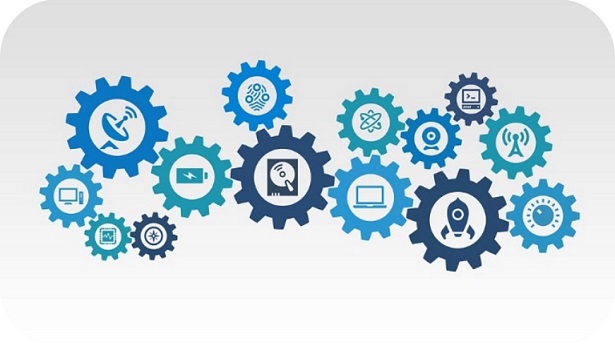Internet scientific information seen by students of Compulsory Secondary Education: An exploratory study of their digital competences

Downloads
- PDF (Español (España)) 2438
- EPUB (Español (España)) 109
- VISOR (Español (España))
- MÓVIL (Español (España))
- Anexo I (Español (España)) 275
DOI
https://doi.org/10.25267/Rev_Eureka_ensen_divulg_cienc.2020v17.i1.1101Info
Abstract
En la actualidad Internet se ha convertido en la primera fuente de información científica. Esto justifica la necesidad de que todo ciudadano disponga de competencias que permitan evaluar los contenidos y su fiabilidad. En este trabajo se pretende explorar y describir las competencias digitales, adquiridas dentro o fuera del aula, que manifiestan un grupo de estudiantes de 4º de ESO al valorar un texto de Internet sobre un tema científico. Los resultados indican que los participantes tienen un buen desempeño para identificar ideas y posicionarse respecto a la información. Sin embargo, tienen dificultades para hacer inferencias lejanas, localizar errores, interpretar información y calificar su fiabilidad. Los resultados respaldan la necesidad de desarrollar competencias en las aulas para formar ciudadanos capaces de ser críticos al evaluar la enorme cantidad de información a la que están expuestos.
Palabras clave: Competencia digital; Habilidades de información; Reacciones químicas; Aprendizaje de las ciencias; Educación Secundaria Obligatoria.
Internet scientific information seen by students of Compulsory Secondary Education: An exploratory study of their digital competences
Abstract: Nowadays, the Internet has become the first source of scientific information. This fact justifies the need for every citizen to have competences that allow the evaluation of contents and their reliability. This paper aims to explore and describe the digital competences, acquired inside or outside the classroom, which are manifested by a group of 4th year ESO students when they assess an Internet text on a scientific topic. The results indicate that the participants show good performance to identify ideas and position themselves regarding the information. However, they have difficulty making distant inferences, locating errors, interpreting information and rating their reliability. The results support the need to develop competences in classrooms to train citizens capable of being critical and objective when evaluating the enormous amount of information that they are exposed to.
Keywords: Digital Competence; Information skills; Chemical reactions; Science learning; Secondary Education.
Keywords
Downloads
How to Cite
License
Require authors to agree to Copyright Notice as part of the submission process. This allow the / o authors / is non-commercial use of the work, including the right to place it in an open access archive. In addition, Creative Commons is available on flexible copyright licenses (Creative Commons).

Reconocimiento-NoComercial
CC BY-NC






